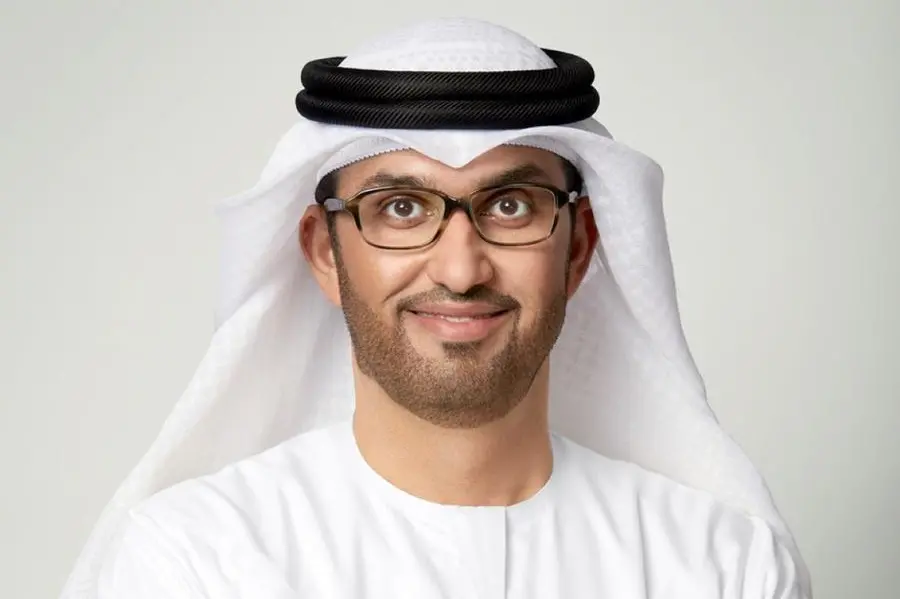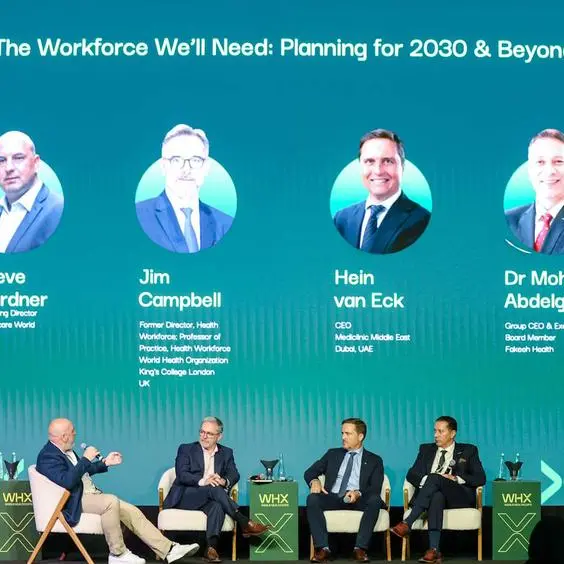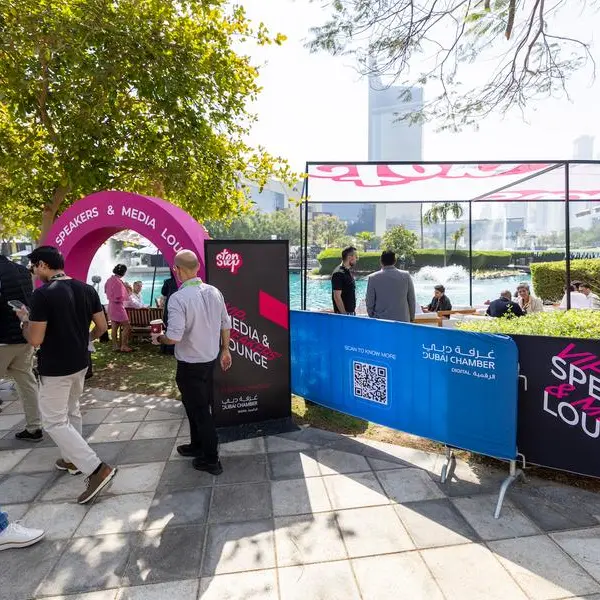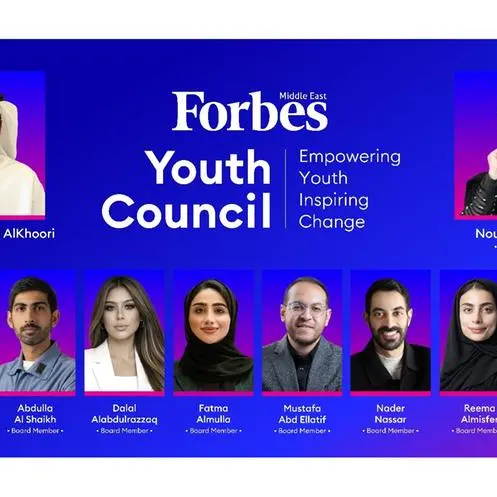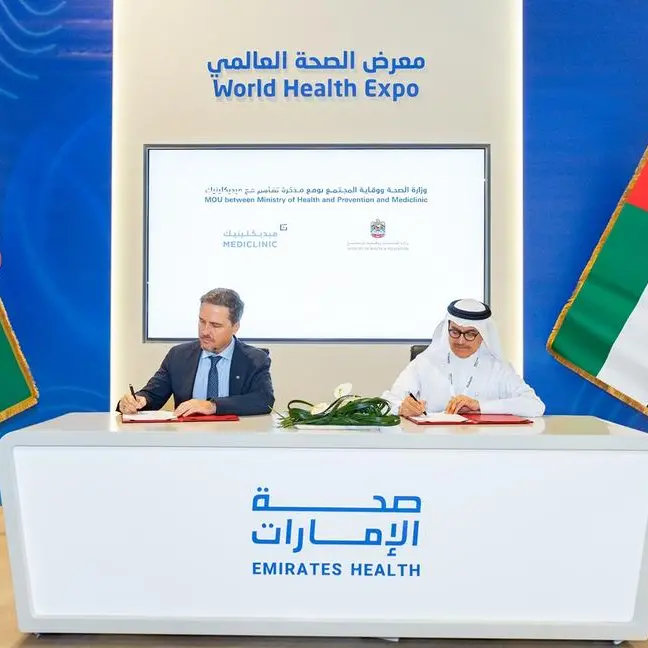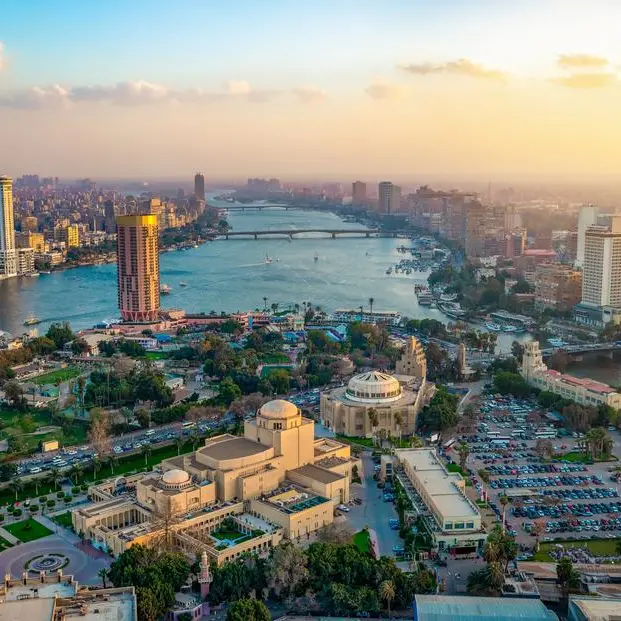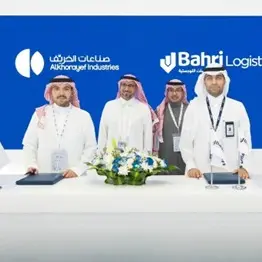PHOTO
- During the opening of Baku Energy Week, Dr. Sultan Al Jaber, highlighted three mega trends of the future: The growth of Artificial Intelligence (AI), accelerating the energy transition and the rise of emerging markets and the global south
- Emphasized that energy and technology sectors must work more closely together to accelerate the adoption of AI and sustainably meet growing global energy demand.
- Dr. Al Jaber urged all countries to ensure the success of COP29, to be held in Baku in November, to build on outcomes of UAE Consensus.
- The UAE Consensus provides a practical pathway to keep 1.5°C within reach, while building resilience and enabling socio-economic development. It was delivered against a difficult geopolitical backdrop, proving the doubters wrong and showing that multilateralism works.
- In line with the UAE Consensus goal of tripling renewable energy capacity by 2030, the UAE and Azerbaijan are today celebrating the groundbreaking of three renewable energy projects.
- The Bilasuvar and Neftchala Solar PV plants and the Absheron Garadagh wind project will together provide over 1 GW of clean power for Azerbaijan’s growing energy needs.
- These projects highlight the UAE leadership’s ongoing commitment to socio economic sustainable development.
- Many more partnerships like these are needed to turn the UAE Consensus into tangible reality, Dr. Al Jaber said.
- The COP Presidencies Troika, uniting COP28 with the Azerbaijan and Brazil COP Presidencies, will help drive ambitious collective climate action from governments.
- Dr. Al Jaber said industry must also step up and commended Azerbaijan’s SOCAR for joining the Oil and Gas Decarbonization Charter launched at COP28, with more oil companies urged to sign up.
- Dr. Al Jaber noted that bold steps must be matched with pragmatism, that the energy transition will take place in different places at different paces and that every industry needs tailor-made solutions.
- The COP28 President noted that expansion in data centers to power growth of AI will require renewable energy to be backed up by natural gas.
- At the same time AI is poised to help reduce emissions at scale by delivering efficiencies across all industries.
- In order to deliver progress at the pace and scale needed finance is a critical enabler.
- Dr. Al Jaber welcomed the news that $100 billion climate fund had now finally been met but said climate finance needed to be much more available, accessible and affordable, he said.
- COP29 will focus on the issue of climate finance, an essential enabler of the UAE Consensus, and the UAE will continue to explore innovative solutions to make finance more available, accessible and affordable.
- These solutions include ALTÉRRA, which was launched at COP28 with a US$30 billion commitment from the UAE, making it the world’s largest private investment vehicle for climate change action. It will play a critical role in driving at-scale climate investments to where they are most needed.
- Dr. Al Jaber said the world faced “unprecedented challenges” but that these provided unparalleled opportunity, with a sustainable economy not only reducing emissions but creating jobs, enhancing health and improving the quality of life for billions. These challenges could be met by uniting with common purpose.
Baku: COP28 President Dr. Sultan Al Jaber today told delegates at the opening of the Baku Energy Week that all stakeholders need to leverage the rise of Artificial Intelligence (AI), the energy transition and the growth of the Global South to accelerate climate positive sustainable development for all.
Dr. Al Jaber also called on the energy and technology sectors to work more closely together on accelerating the adoption of AI to sustainably meet the world’s growing energy demand and drive decarbonization.
“While AI is driving a surge in energy demand, it is also driving efficiencies that curb emissions. In fact, the growth of AI is one of three mega-trends that will shape our future, alongside the accelerating energy transition and the rise of emerging markets and the global south. And the closer the AI and energy collaborate, the more solutions we can unlock to drive decarbonized growth everywhere,” Dr. Al Jaber said in a speech on the opening day of Baku Energy Week, taking place in the Azerbaijan capital through to 6 June.
Dr. Al Jaber said that the COP28 Presidency and the UAE would work “very closely with Azerbaijan’s COP Presidency and we call on all countries to ensure COP29 is a resounding success that builds on the outcomes of Dubai.”
“COP28 made history with the UAE Consensus- delivering the most comprehensive set of climate breakthroughs since the Paris Agreement,” Dr. Al Jaber said, “And, against a very difficult geopolitical backdrop, we proved that multilateralism is alive and well.”
“We united the world around a practical pathway to keep 1.5°C within reach, while building resilience and maintaining socio-economic development for all.” Dr. Al Jaber said.
In line with the UAE Consensus commitment to triple renewable energy capacity by 2030, the UAE and Azerbaijan are today celebrating the groundbreaking of the Bilasuvar and Neftchala Solar PV plants and the Absheron Garadagh wind project. Together, they will provide over 1 GW of clean power for Azerbaijan’s growing energy needs. The projects, announced last year, are being developed by Masdar, the UAE’s clean energy powerhouse, and SOCAR, Azerbaijan’s state oil company.
“This builds on the UAE’s history of partnership to enhance this country’s green growth development and promote sustainable development globally. Practical partnerships like these that will help turn the UAE Consensus into tangible reality around the world,” Dr. Al Jaber said.
The COP Presidencies Troika, which was mandated in the UAE Consensus and unites COP28 with the Azerbaijan and Brazil COP Presidencies, will help drive ambitious collective climate action, he said.
The Troika is building momentum for a new round of strengthened Nationally Determined Contributions (NDCs) aligned with the UAE Consensus.
Industry must also continue to play its role, Dr. Al Jaber said, praising SOCAR for joining the Oil and Gas Decarbonization Charter launched at COP28.
“We now have over 40 percent of the industry committed to zero methane emissions by 2030 and net zero by or before 2050,” Dr. Al Jaber added, “To those who have not signed up yet, I urge to you to do so.”
“You have the power, the resources and the technology to make a massive positive impact in a short amount of time,” he told delegates.
Al Jaber noted that bold steps must be matched with pragmatism, that the energy transition will take place in different places at different paces and that every industry needs tailor-made solutions.
The COP28 President noted that the expansion of data centers to power the growth of AI will require renewable energy be backed up by natural gas. COP29, which will be held in Baku in November, will “focus like no other COP” on the issue of climate finance, an essential enabler of the UAE Consensus. Dr. Al Jaber welcomed the news that $100 billion climate finance pledge had finally been met, he said: “I am encouraged…But we need much more finance to be much more available, accessible and affordable.”
Dr. Al Jaber said that International Finance Institutions (IFIs) and Multilateral Development Banks (MDBs) “have a critical role to play in helping make emerging and developing markets more investable. He also said that “the private sector must step up to help turn billions into trillions.”
These solutions include ALTÉRRA, which was launched at COP28 with a US$30 billion commitment from the UAE, making it the world’s largest private investment vehicle for climate change action. It will play a critical role in driving at-scale climate investments to where they are most needed.
“The Fund will mobilize $250 billion in additional investments over the next six years, across emerging markets and the global south and I believe it provides a model that should be followed to unlock finance at scale,” Dr. Al Jaber said.
Dr. Al Jaber closed his speech by talking about the opportunities offered by a green transition, he said: “We face unprecedented challenges. Yet, within these challenges lies an unparalleled opportunity to redefine our future, to pivot towards a path of sustainability and resilience.
“The transition to a sustainable economy is not just about reducing emissions. It is about creating jobs, enhancing health, and improving the quality of life for billions of people around the globe.”
The transition must deliver a world where every child “whether they are born in the north or global south, has the chance to thrive. It is a call to action for every nation, every industry, every community, and every individual to step up and contribute to a cause that transcends borders and generations.”
Key to this transition is technology, Dr. Al Jaber said: “We must embrace new technologies, foster collaboration and commit to transformative policies that safeguard our planet and ensure prosperity for all.”
Dr. Al Jaber called on everyone to “rise to this occasion with courage and conviction, knowing that when we unite for a common purpose, there is no challenge too great and no goal too ambitious. At COP28, we united, we acted and we delivered. As we look towards COP29, lets double down on delivery and follow through with tangible results.”
-Ends-
About COP28 UAE:
- At the historic COP28, countries came together to deliver the UAE Consensus – the most ambitious and comprehensive set of negotiated outcomes to come out of the UNFCCC process since COP21.
- The UAE Consensus includes an unprecedented reference to transitioning away from all fossil fuels in energy systems, in a just, orderly and equitable manner in this critical decade, to enable the world to reach net zero emissions by 2050, in keeping with the science.
- The UAE Consensus calls for peaking emissions by 2025 and aligning with 1.5°C pathways; urging emission reductions aiming for 43 percent by 2030 and 60 percent by 2035; submitting ambitious, economy-wide NDCs by 2025; delivering National
- Adaptation Plans by 2025 and implementing by 2030; operationalizing and funding Loss and Damage; significantly scaling up adaptation finance; recognizing the role of credit rating agencies and the need for concessional and grant finance.
- The UAE Consensus also saw the adoption of the Emirates Framework for Global Climate Resilience, Just Transition Work Program and Mitigation Work Program, alongside the institutionalization of the Youth Climate Champion.
- Alongside the UAE Consensus, historic levels of funding were raised during COP28, with $85 billion mobilized for climate action.
